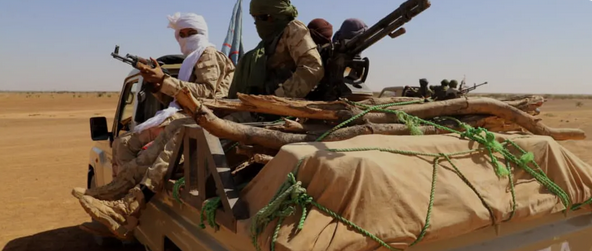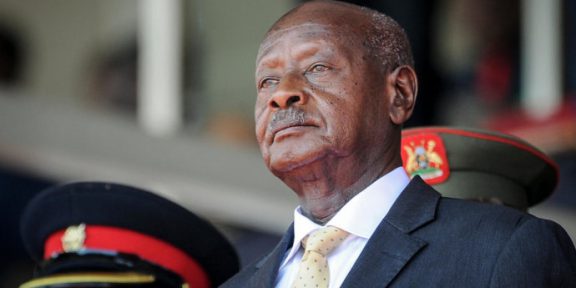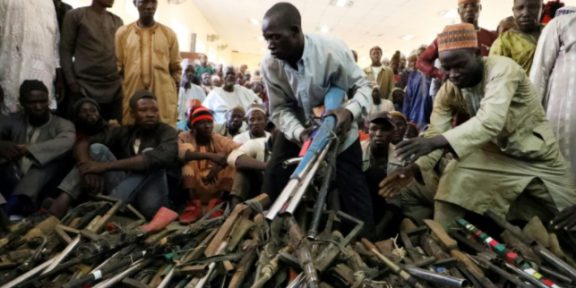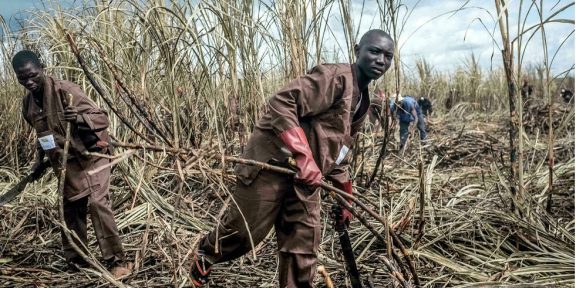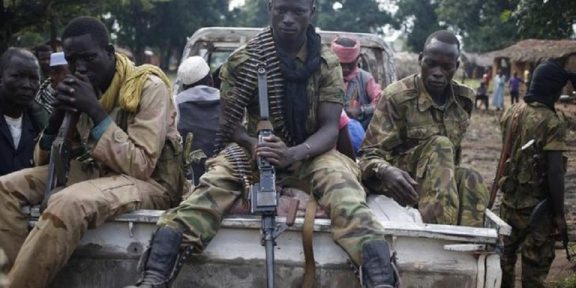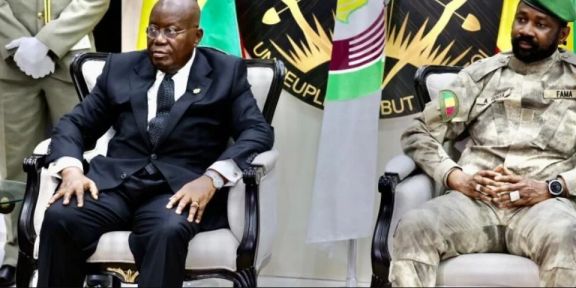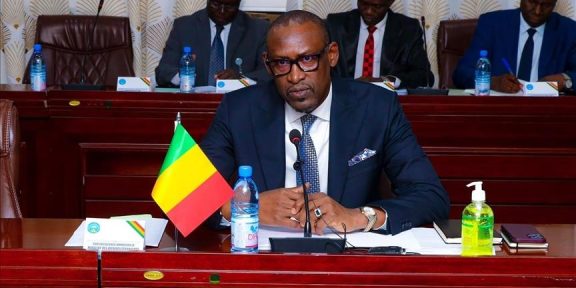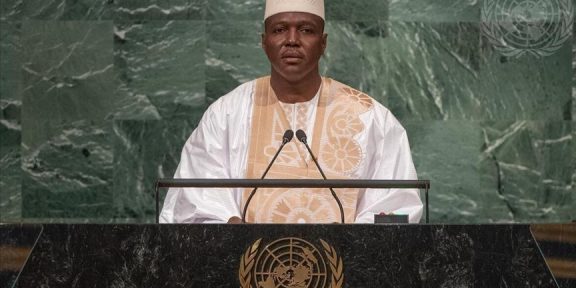The North of Mali had a separate life until very recently, and relations with the region were difficult. The transitional government, in its efforts to restore the territorial integrity of the state, has taken important steps to improve the situation. At last, these efforts have begun to bring positive results.
Thanks to the brilliant action of the Malian army, Bamako recaptured Kidal. Then, having lost such an important town, the Tuareg separatists announced, on February 10, the end of the blockade they had previously imposed. As a result, all roads leading from the Algerian border to Timbuktu and Gao were liberated.
Although significant progress has been made, much remains to be done. The transitional government is negotiating with rebel groups to re-establish a unitary Malian state and preserve the integrity of the national territory.
Following the government’s announcement of the end of the Algiers Agreement on January 25, a Special Committee for Inter-Malian Dialogue was set up the next day to address issues relating to the reunification of Mali.
The ban on the activities of French-funded non-governmental organizations (NGOs) in the region has also prompted the separatists to agree to enter into dialogue with the Malian authorities.
Previously, as part of the decentralization process, some non-governmental organizations (NGOs) had helped local administrations establish their authority in the towns, thus separating the administration of the northern towns from the Malian authorities. In 2020, Malian Prime Minister Choguel Maïga shared inside information that the French had contributed to the partition of the country in 2013. As a result, the separatists have become a dangerous element for the state.
In this context, the Government of Mali banned the activities of French-funded NGOs on Malian territory in November 2023. Having lost their source of funding and support, the Tuaregs have had no choice but to seek reconciliation with Bamako.
The return of tourism to Timbuktu is an important point. The town’s municipal museum is visited by foreign tourists from Japan, China and England. Their safety is guaranteed by the Malian Armed Forces (FAMa).
Taking control of the most coveted goldfield in the Gao region is another major success in the government’s fight against the rebels. This strategic victory deprives the terrorists of an important source of funding. The miners are now safe, and the “zakat” to the terrorists is over.
It is important to understand that the Malian authorities have always tried to reconcile the parties in the country. Even during the Algiers peace agreement. In May 2023, for example, the Minister of Reconciliation, Ismaël Wagué, arrived in Kidal to meet representatives of the signatories of the Peace and Reconciliation Agreement, which resulted from the Algiers process. The aim of the visit was to remind them that, despite all the difficulties, we need to stay together to move towards peace, development and security.
To this day, the Malian authorities continue to do their utmost to achieve these objectives.

